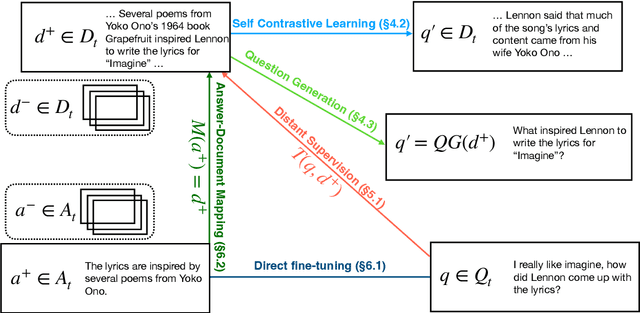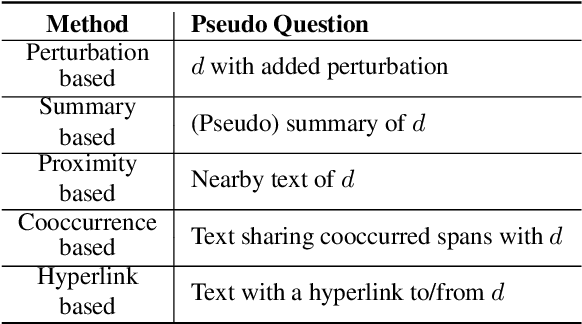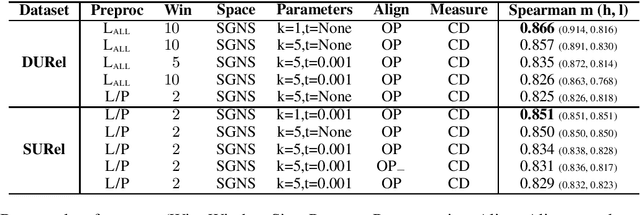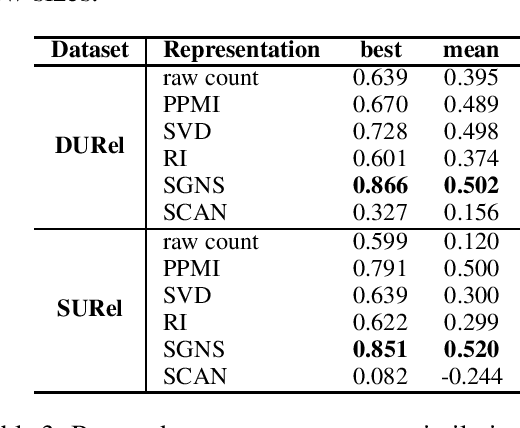Marco del Tredici
Low-Resource Dense Retrieval for Open-Domain Question Answering: A Comprehensive Survey
Aug 05, 2022



Abstract:Dense retrieval (DR) approaches based on powerful pre-trained language models (PLMs) achieved significant advances and have become a key component for modern open-domain question-answering systems. However, they require large amounts of manual annotations to perform competitively, which is infeasible to scale. To address this, a growing body of research works have recently focused on improving DR performance under low-resource scenarios. These works differ in what resources they require for training and employ a diverse set of techniques. Understanding such differences is crucial for choosing the right technique under a specific low-resource scenario. To facilitate this understanding, we provide a thorough structured overview of mainstream techniques for low-resource DR. Based on their required resources, we divide the techniques into three main categories: (1) only documents are needed; (2) documents and questions are needed; and (3) documents and question-answer pairs are needed. For every technique, we introduce its general-form algorithm, highlight the open issues and pros and cons. Promising directions are outlined for future research.
A Wind of Change: Detecting and Evaluating Lexical Semantic Change across Times and Domains
Jun 07, 2019



Abstract:We perform an interdisciplinary large-scale evaluation for detecting lexical semantic divergences in a diachronic and in a synchronic task: semantic sense changes across time, and semantic sense changes across domains. Our work addresses the superficialness and lack of comparison in assessing models of diachronic lexical change, by bringing together and extending benchmark models on a common state-of-the-art evaluation task. In addition, we demonstrate that the same evaluation task and modelling approaches can successfully be utilised for the synchronic detection of domain-specific sense divergences in the field of term extraction.
 Add to Chrome
Add to Chrome Add to Firefox
Add to Firefox Add to Edge
Add to Edge